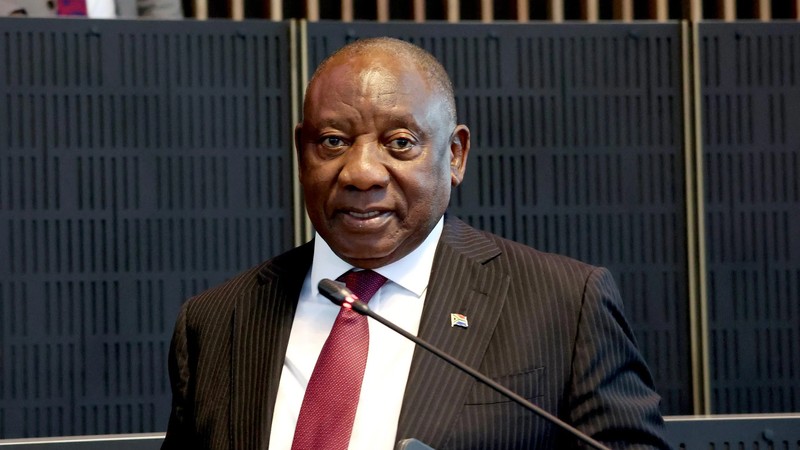As the clock ticks down to the meeting between President Cyril Ramaphosa and US President Donald Trump on Wednesday afternoon, Dr. Theo de Jager, chair of the Southern African Agriculture Initiative (SAAI), expressed that farmers are increasingly anxious about the outcome of the discussions.
“Most farmers are quite anxious about the outcomes of the discussions between President Trump and President Ramaphosa and their two teams,” De Jager told News.
He said many farmers suspect the two negotiation teams are significantly divided on key issues.
“When it comes to the contents and meaning of certain words such as ‘genocide’ and ‘land grabs,’ they believe the teams are far apart,” he said.
“They also believe they differ in terms of what is considered acceptable in a modern society, such as calls for the killing of certain groups and the lack of consequences.”
De Jager, who is the former president of World Farmers Organisation, added that the two sides also differ on values and justice.
Ramaphosa’s visit to Washington comes amid strained relations with the Trump administration.
Tensions escalated during Trump’s second term, particularly after he criticised South Africa’s land reform policy, claiming it enabled the seizure of land from white Afrikaner farmers—a claim the South African government has rejected.
The relationship further deteriorated in February when the United States cut HIV and AIDS funding to South Africa.
Recently, Washington granted refugee status to 49 white South Africans, citing racial discrimination, another claim South Africa has strongly denied.
A bilateral meeting between Ramaphosa and Trump is scheduled for 12:45 p.m. (6:45 p.m. SAST).
Meanwhile, De Jager said he believes Ramaphosa’s team will argue that there are no large-scale killings of white farmers.
He said that they will say that more than 3,000 farmers killed over the last 25 years is not disproportionate, given South Africa’s broader crime and murder rates.
De Jager previously wrote an open letter to Trump thanking him for the special provisions made for Afrikaners and urging him not to close the door on Black farmers.
This came after Trump signed an executive order granting Afrikaners refugee status in the US in response to South Africa’s land reform policy, which he claimed allowed the government to “seize ethnic minority Afrikaners’ agricultural property without compensation.”
De Jager said Trump will likely adhere to the universal definition of genocide, which includes classification of people, name-calling, threats to their lives, culture and livelihoods.
“He’ll say that the mere fact that people like Julius Malema and Andile Mngxitama get away with fuelling hatred and ethnic violence without any consequences is already beyond what is acceptable in a civilised society,” De Jager said.
He added that South Africa’s Constitutional Court decision not to hear cases from those hurt by slogans and threats, such as those by Economic Freedom Fighters (EFF) leader Julius Malema and Mngxitama did not help the country’s case.
De Jager also said he believes Trump views Ramaphosa’s endorsement of the Expropriation Act, which allows the government to take land at below market value or without compensation, as a violation of the Universal Declaration of Human Rights.
“Furthermore, we believe that Trump sees the mere fact that the Expropriation Act was signed off by President Ramaphosa. Enabling government on various tiers to expropriate land at less than market related compensation and even at no compensation.”
“That alone may be enough for Trump to publicly distance himself from South Africa and even take action in light of that,” he said.
Politics
